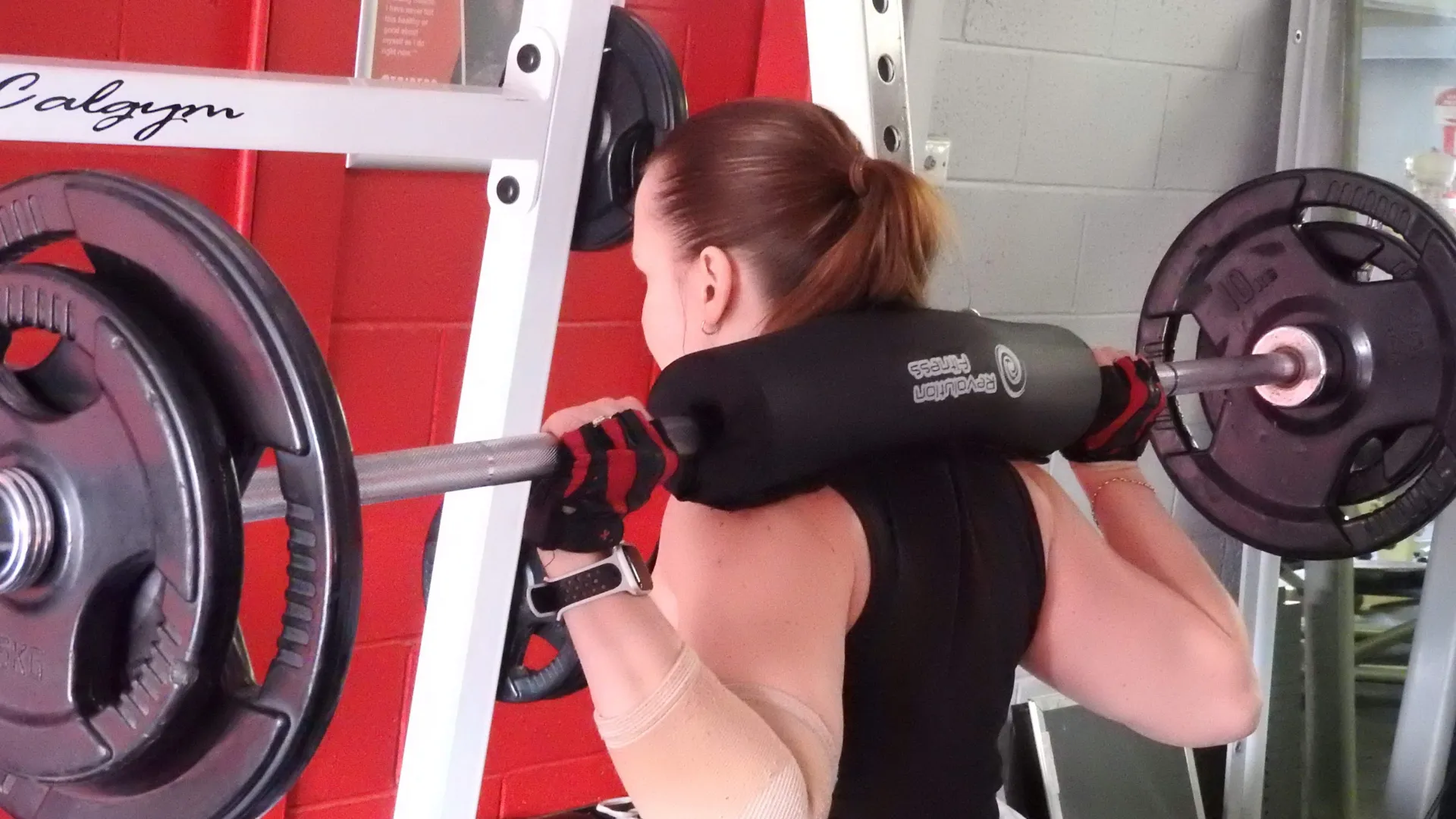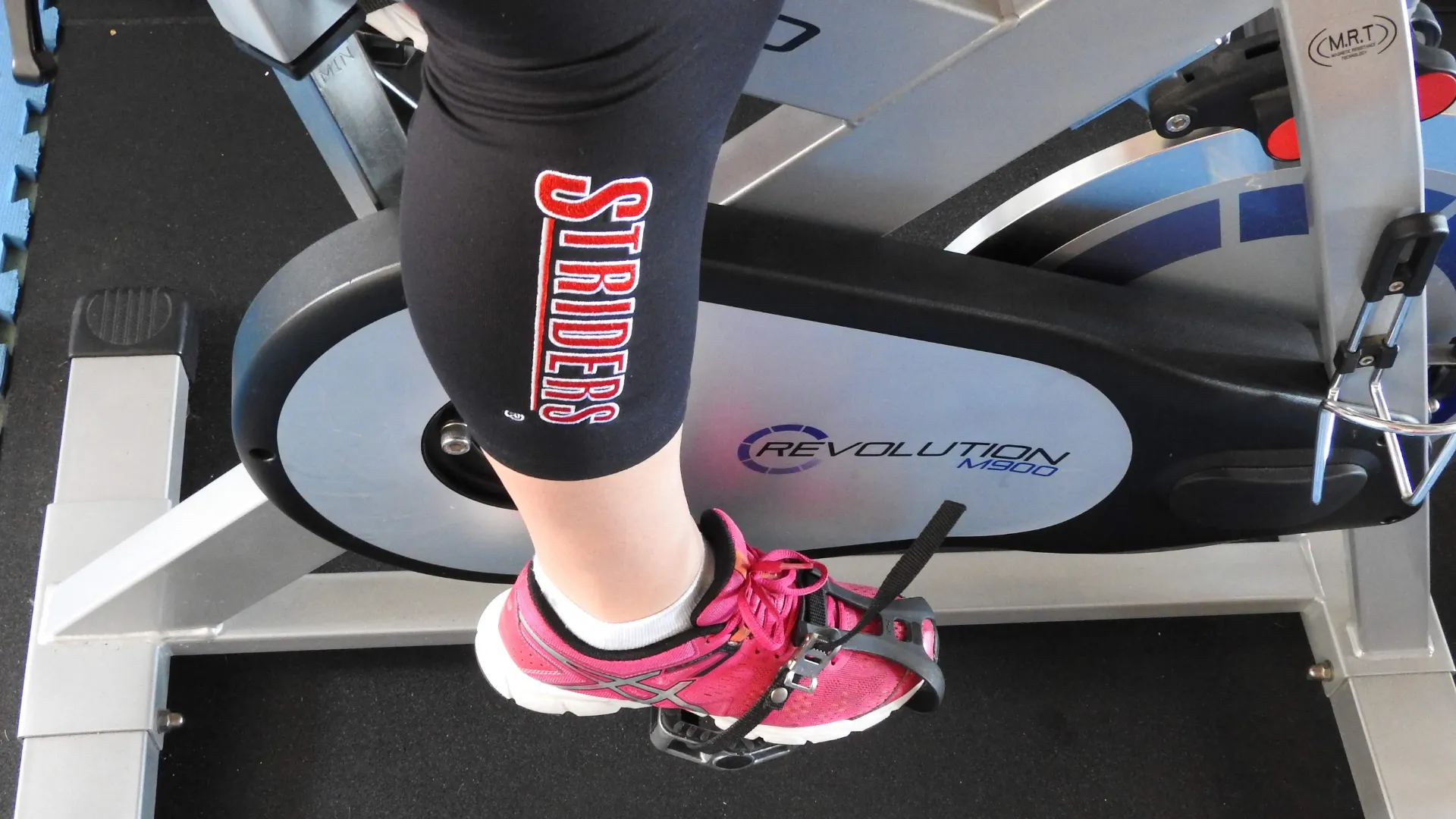We’re all familiar with the concept of macronutrients: carbohydrates, proteins, and fats. These three essential nutrients play a pivotal role in our diet, providing us with the energy and vital building blocks our bodies need. However, there’s a fourth player often overlooked in this nutritional symphony – alcohol. In this article, we’ll delve into the multifaceted nature of alcohol as a potential “macronutrient” and explore its influence on our health and fitness journey.
Understanding Macronutrients
Before we dive into the world of alcohol, let’s recap what macronutrients are and why they matter. Macronutrients are the nutrients our bodies require in large quantities to function optimally. They include carbohydrates, which supply energy; proteins, which build and repair tissues; and fats, which serve as energy stores. Each of these macronutrients comes with its own unique characteristics and benefits.
What is a Macronutrient?
Macronutrient or Macros, are essential for the body to produce energy and to provide the building blocks to maintain overall health. These are the main food components that we eat in the largest quantities as are fundamental to our survival.
There are 3 Macronutrients: Carbs, Proteins, and Fats.
| Macronutrients | Calories per gram |
|---|---|
| Water | 0 |
| Carbs | 4 |
| Protein | 4 |
| Alcohol | 7 |
| Fat | 9 |
Is Alcohol a Macronutrient?
No, alcohol is not considered a macronutrient as it, unlike foods, is not capable of providing nutrients for repair or growth. Alcohol is distinct from the traditional macronutrients as it provides calories (7 calories per gram!) but lacks the essential nutrients found in carbs, proteins, and fats. This means that when you consume alcohol, you’re taking in “empty calories,” calories that offer no nutritional value.
Individual Factors:
It’s important to recognize that the impact of alcohol varies widely among individuals. Factors such as genetics, metabolism, age, and overall health can influence how your body processes and reacts to alcohol. Some people may have higher tolerances, while others may experience more pronounced effects from even moderate alcohol consumption.

Alcohol’s Impact on your Health and Fitness
The Empty Calories Conundrum
Consuming alcohol introduces a significant caloric load into your diet. These “empty calories” can contribute to weight gain when consumed excessively, as they provide energy without the essential nutrients needed for overall health. Therefore, moderation is key when it comes to incorporating alcohol into your diet, especially if you’re striving for fitness goals.
Short-Term Effects on Metabolism
When you consume alcohol, your body prioritizes metabolizing it because it perceives alcohol as a toxin. This means that, temporarily, your metabolism shifts its focus to burning off alcohol before addressing other more important macronutrients or food. As a result, if you’re eating while drinking, the calories from food may be more likely to be stored as fat if your overall calorie intake exceeds your energy expenditure.
Long-Term Health Considerations
Beyond short-term fitness goals, it’s crucial to consider the long-term health implications of alcohol consumption. Chronic and excessive drinking can lead to various health issues, including liver damage, heart disease, an increased risk of certain cancers, and mental health concerns. Responsible drinking choices today can positively impact your overall health in the long run.
Sleep Disruption
Another aspect to bear in mind is that alcohol can disrupt sleep patterns. Poor-quality sleep can hinder recovery and, consequently, impact your fitness goals. Maintaining a healthy sleep routine becomes even more critical if you choose to enjoy alcohol.
Lowering Alcohol’s Impact on your Health and Fitness
Balancing Alcohol with Nutrition
If you decide to include alcohol in your diet, consider doing so mindfully. Opt for lower-calorie alcoholic beverages, consume nutrient-rich foods alongside alcohol, and be mindful of the timing of your alcohol consumption relative to your meals. A well-rounded diet remains essential for overall health and fitness.
Seeking Professional Guidance
For personalized guidance on alcohol consumption that aligns with your health and fitness objectives, consult with healthcare professionals or registered dietitians. They can help you develop a balanced approach that takes your individual circumstances into account.
Conclusion
In conclusion, alcohol’s role in our diet is complex. While it doesn’t fit neatly into the traditional macronutrient categories, it can significantly impact our health and fitness goals. By understanding its effects, practicing moderation, and seeking professional guidance, you can make informed choices that align with your well-being and fitness aspirations. Remember, your journey is unique, so tailor your approach to what works best for you.



